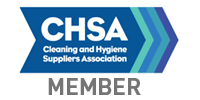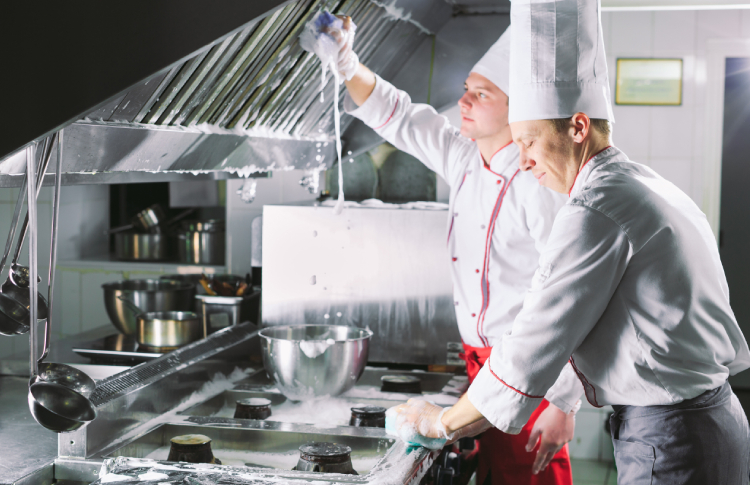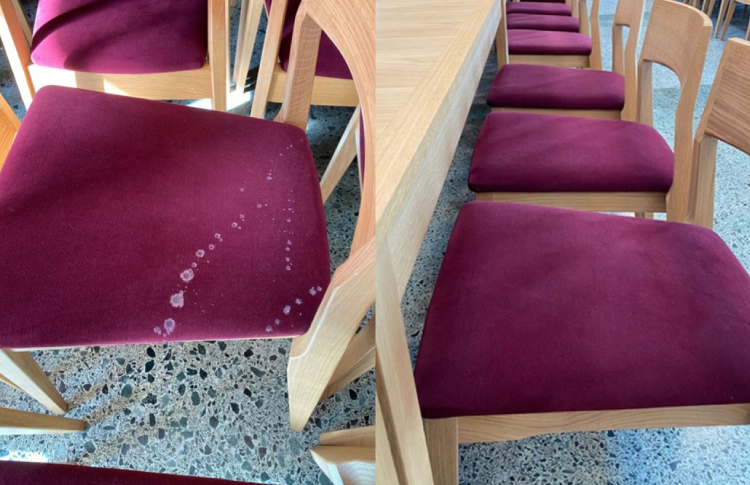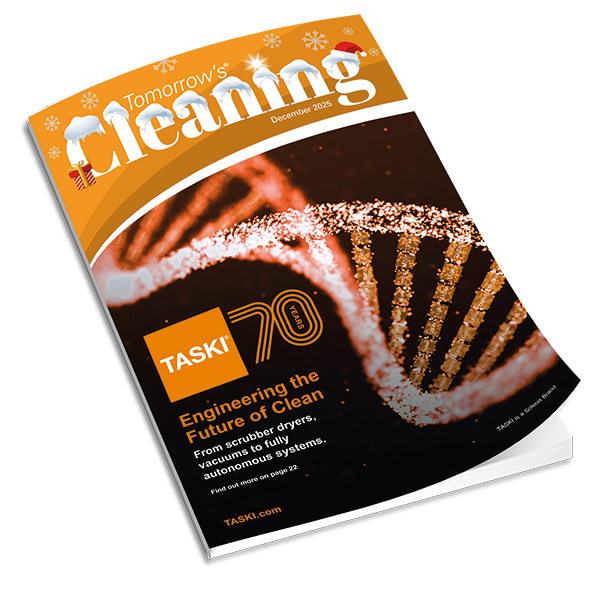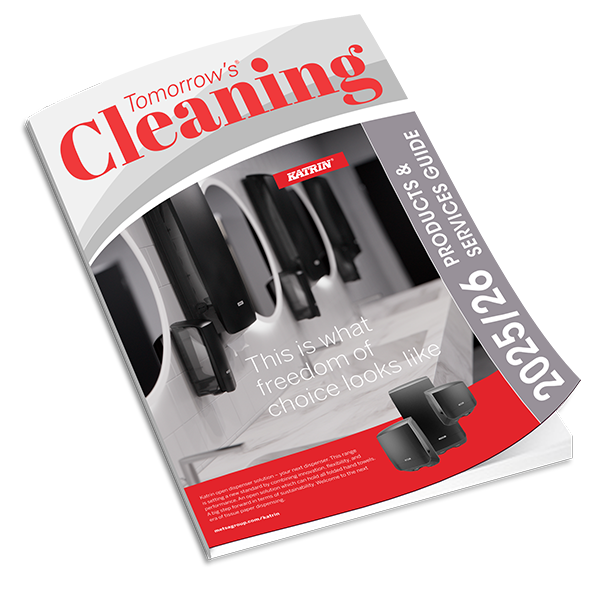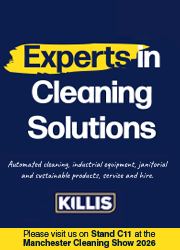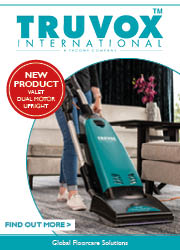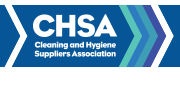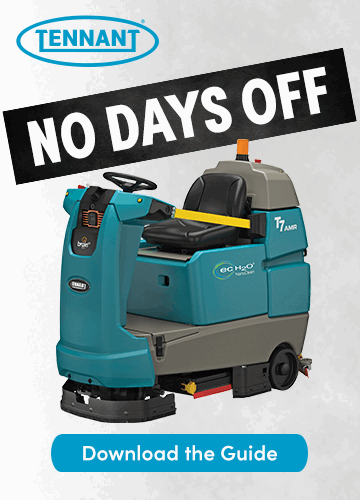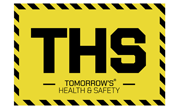Rachael Kiss, from catering equipment provider Alliance Online, shows you how to keep your kitchen hygienic and stop the spread of foodborne disease and avoid cross-contamination.
Preventing cross-contamination is a key part of keeping a commercial kitchen safe. Cross-contamination is what happens when bacteria and other microorganisms are transferred from one object to another. It’s the leading cause of foodborne illness, so it’s important to set your kitchen up so that it can be avoided at all times.
A common way for cross-contamination to happen is during the chopping of raw chicken: this might then transfer via the hands to the knife or chopping board, and then on to other foodstuffs. However, cross-contamination can also happen in less well-known ways, such as through reusable shopping bags, or drips and splashes produced when meat is washed, which can contaminate surfaces.
Hygienic food preparation
It’s vital for kitchens to make sure to use different utensils for meat, fish and vegetables, and to be on the safe side they should use different areas of the kitchen to keep these utensils separated. It’s important to keep track of the different sets of utensils, so it’s helpful to use colour-coded sets of knives and chopping boards.
You should also ensure that all utensils are washed between tasks and that this is done thoroughly, using disinfectant specially formulated for kitchens. Raw meat should not be washed as this can cause splashes and contaminate the sink. It’s also important that proper and thorough training is given to all new staff, and existing staff get refresher training sessions on hygiene too, to make sure everyone is following procedure. This also allows you to review processes at regular intervals and ensure that you’re operating in the most hygienic way.
Safe shopping bag usage
Ensure that you have enough shopping bags to carry raw fish, meat and vegetables separately, as this is a lesser-known potential cause of cross-contamination. It’s also important to have extra shopping bags to carry your food separately from any cleaning products, as you’ll want to keep these chemicals away from anything edible.
You should also label and colour-code your bags so that you and any staff know what they are being used for. This way, they can be kept separate and any raw items can be stored in the fridge as quickly as possible.
Also check your bags for any spillages after each use and replace any when there is evidence of spillage. If you’re using plastic bags, it’s worth switching to fabric or cotton alternatives, as these can be put into the washing machine and washed after each use to ensure they are thoroughly clean.
Be aware of botulism
As well as transfer between foods, it’s important to recognise that there can be contamination due to improper canning, pickling, or fermentation processes. So, if you are carrying out these processes in your restaurant, ensure that the relevant staff are thoroughly trained and educated in how to prevent contamination and botulism.
Whatever you’re making, ensure that you have the relevant equipment to keep things clean and safe. Conduct regular checks on any equipment so that you know that nothing is broken or old enough to need replacing.
Preventing food cross-contamination is an important part of running a food business, and there are plenty of things you can do to make it easier. Use these guidelines as a place to start, and ensure that your restaurant is safe, clean and the kitchen space is organised.


